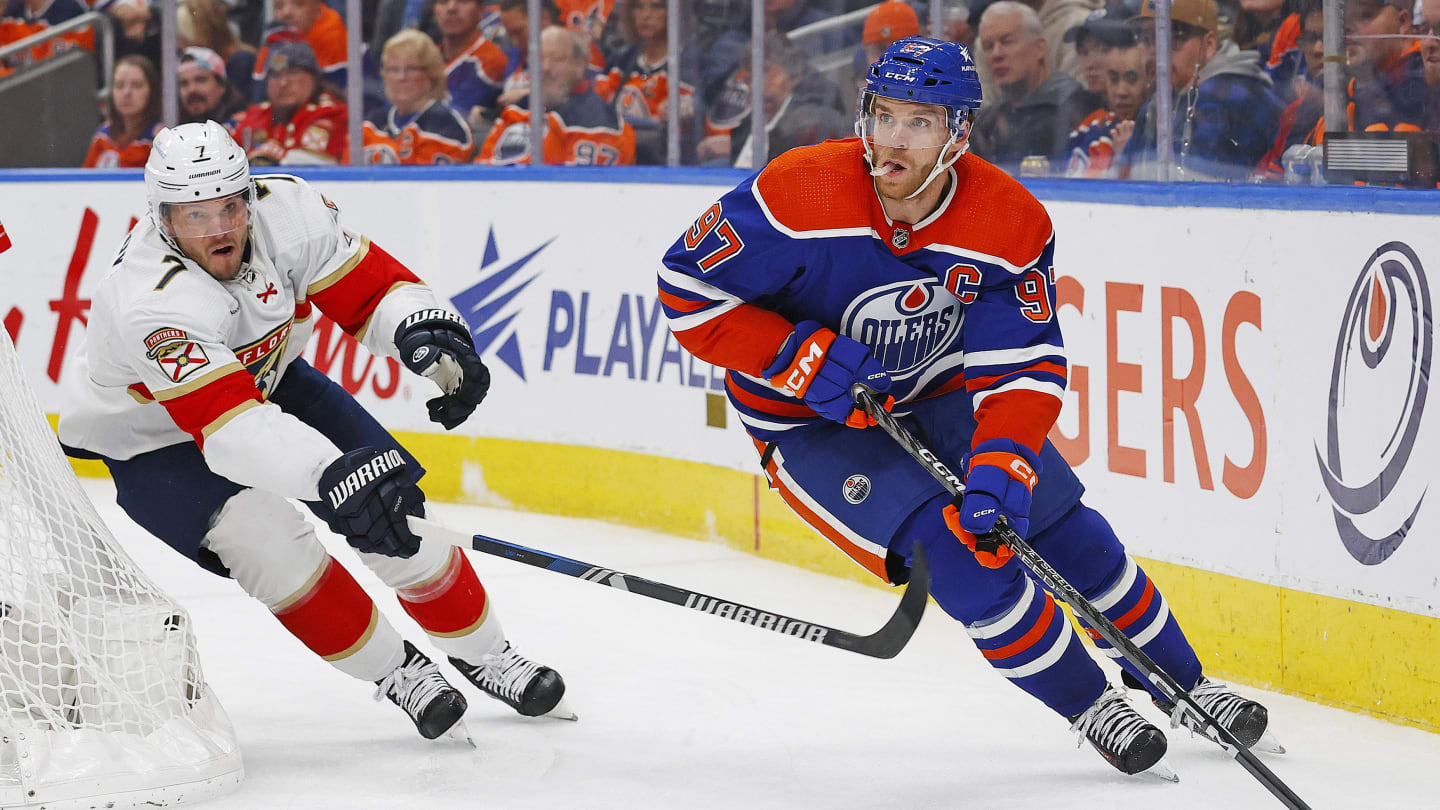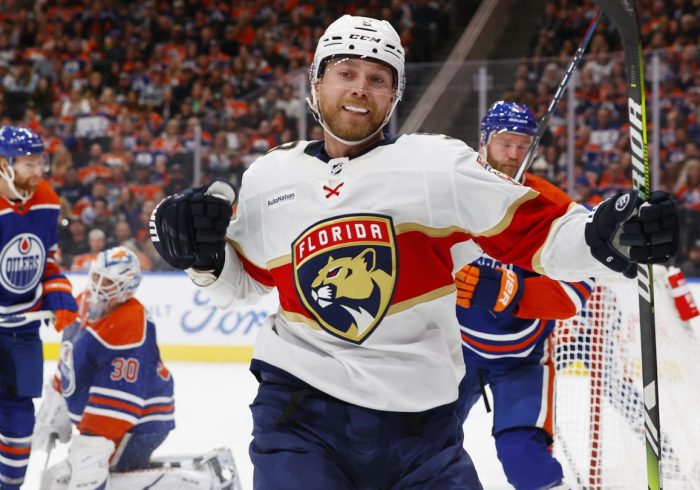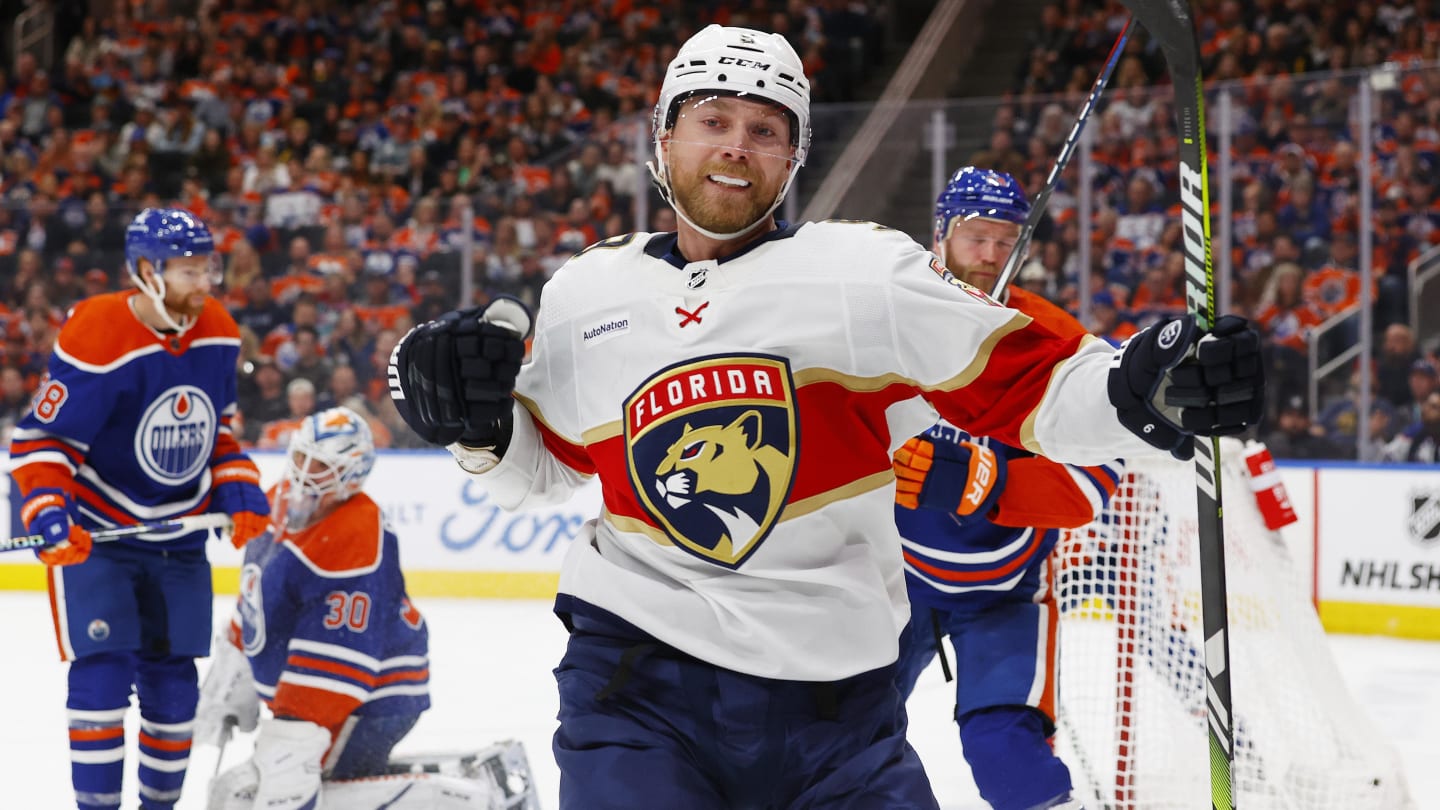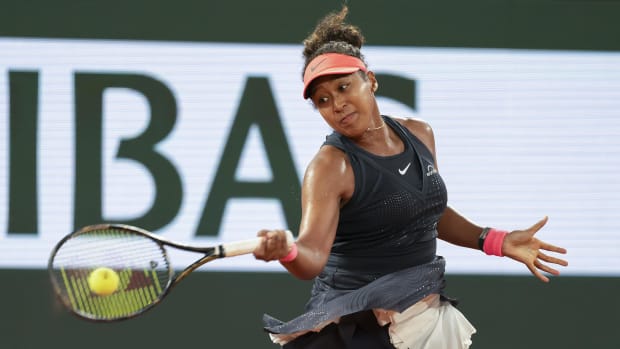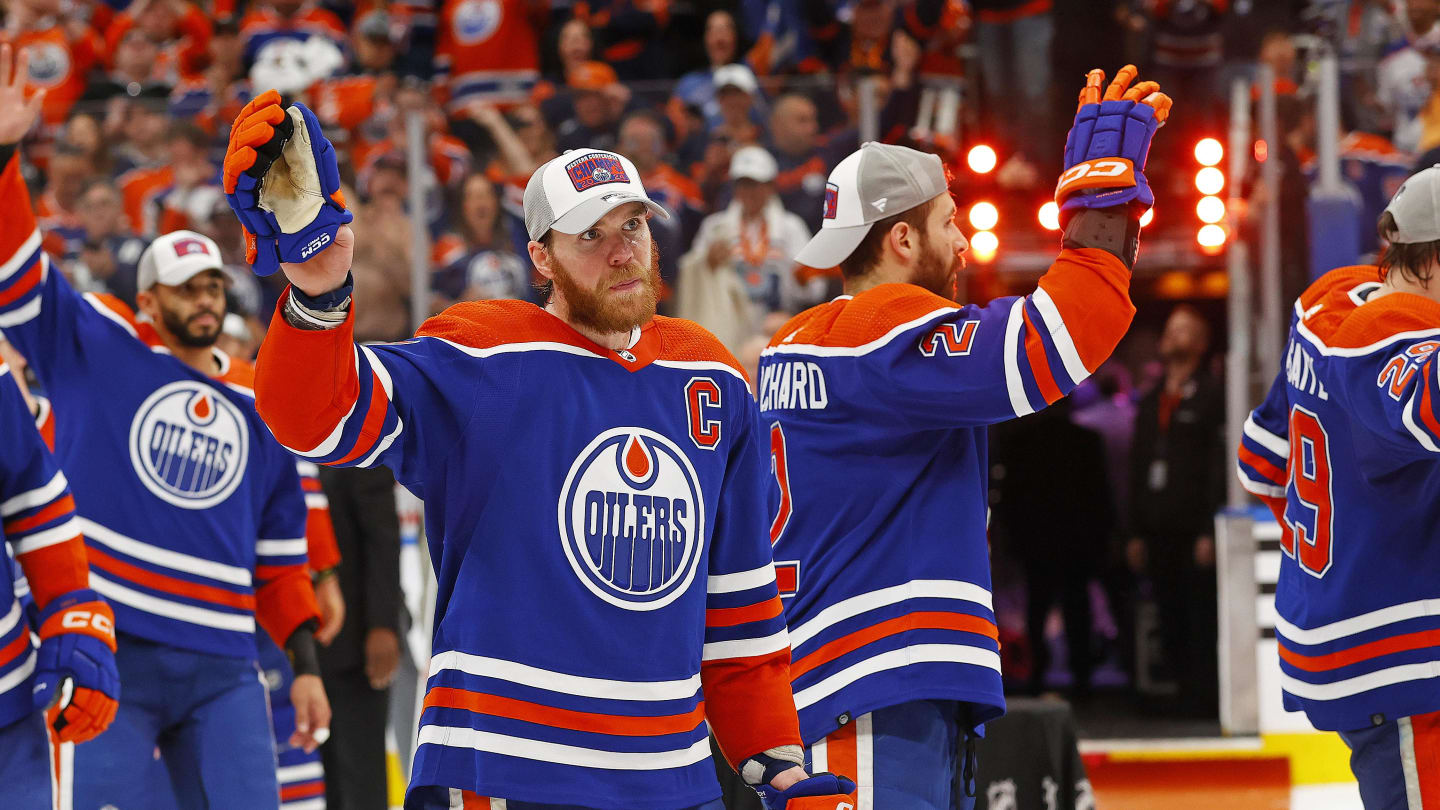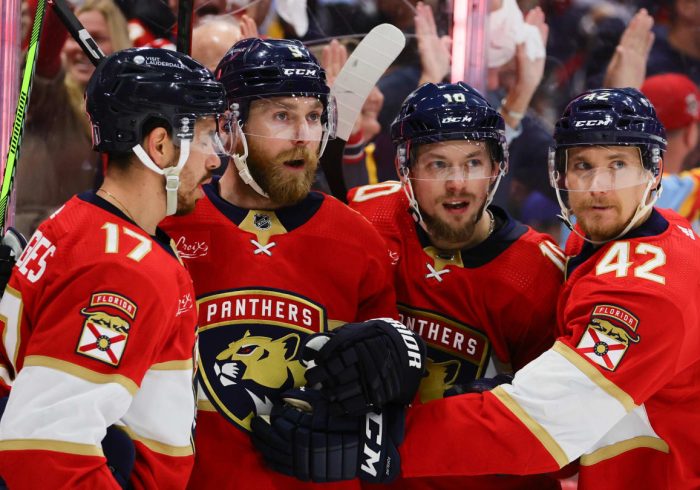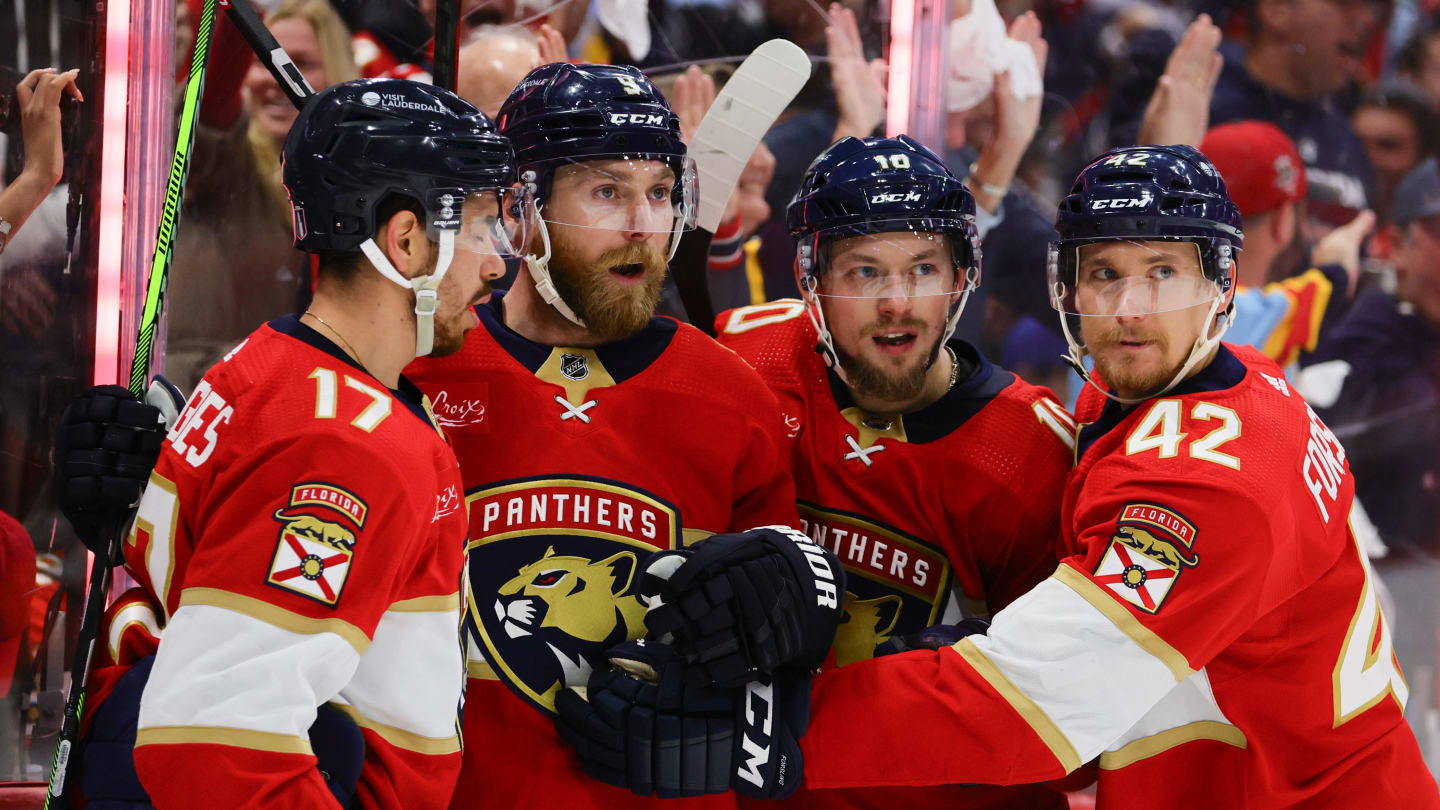The Edmonton Oilers are four wins away from ending Canada’s Stanley Cup drought. The country is seeking its first NHL Championship since 1993 when the Montreal Canadiens were able to win it all.
Standing in their way is the Florida Panthers, a state that has now won five-straight Eastern Conference Finals, with the Tampa Bay Lightning winning two Stanley Cups along the way.
Game 1 is set to take place on Saturday night and I’m here to break down everything you need to know to bet on the opening stanza.
Odds listed are via FanDuel Sportsbook
Spread
Moneyline
Total
Oilers Injury Report
Panthers Injury Report
Edmonton Oilers
Stuart Skinner: All eyes will be on Connor McDavid, but I would argue the most important player in this game is the Oilers’ goaltender, Stuart Skinner. When he brings his “A” game, the Oilers are near unbeatable, but he hasn’t done that at times. Edmonton almost lost to the Vancouver Canucks in the second round almost solely due to poor play from Skinner. Whether or not they win the Cup may just come down to his performance.
Florida Panthers
Carter Verhaeghe: Carther Vergaeghe enters the Stanley Cup Final as the Panthers’ leading scorer in the playoffs with nine goals. If the Panthers want to beat the Oilers, they need to find ways to score goals on a consistent basis and Verhaeghe may be the key to that happening.
I’m backing the Oilers to win the Stanley Cup and I like them to win the first game of the series, but my best bet is on the total. I like the UNDER 5.5.
The Oilers deployed a defensive style of play that helped them win Game 5 and Game 6 against the Dallas Stars. They sacrificed offensive rushes to stay home and while the puck was in their own end, they play a tight zone that forced the Stars to take low-quality shots from the perimeter. That helped Stuart Skinner as they prevented the Stars from getting high-danger scoring opportunities.
If they use the same strategy against a Panthers team, that plays a similar style to the Stars, we could be in for a low-scoring series.
Let’s also remember the Panthers were one of the best defensive teams in the NHL during the regular season. They allowed just 2.39 goals per 60 minutes, the best mark in the entire league, while also giving up only 10.68 high-danger scoring chances per 60 minutes, which ranked seventh.
I’ll take the Oilers and the UNDER in Game 1.
Pick: Oilers (+114) and UNDER 5.5 goals (-104)
Odds refresh periodically and are subject to change.
You can check out all of Iain’s bets here!
